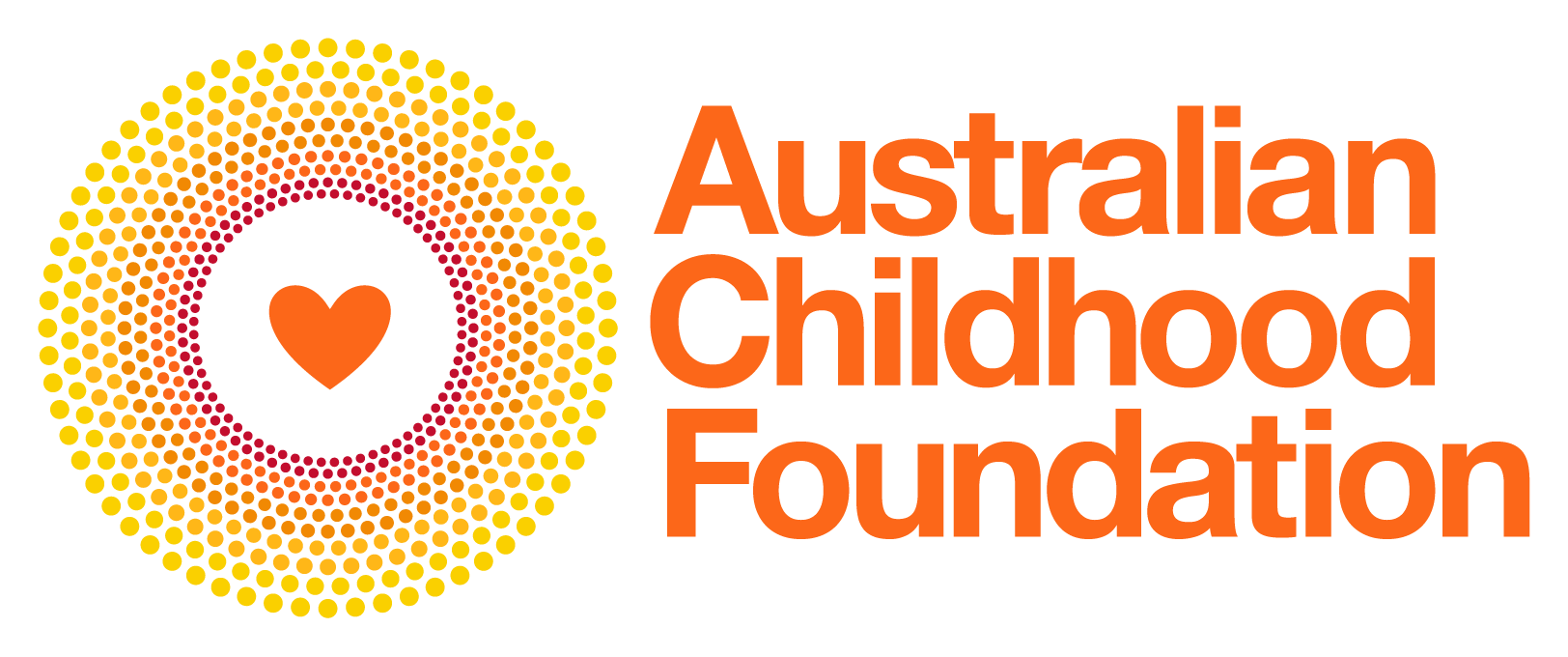Heartfelt Program
Heartfelt Program offers therapeutic supports to children
who experienced domestic and family violence,
and their caregiver.
Heartfelt Program offers therapeutic supports to children who experienced domestic and family violence, and their caregivers.
Heartfelt is a specialised therapeutic program that supports children between the ages 5 and 12 years to help them heal from their experiences of domestic and family violence (DFV). Our team provides trauma counselling, therapeutic group programs, psychoeducation and case management for children and their caregivers.
Heartfelt program works by privileging experiences of the child and focusing on strengthening their felt sense of safety and relational security with their caregiver. Critical to this, is also building a network of supports around each child that really understands the child’s unique experiences and therapeutic needs.
The Heartfelt team comprises Therapeutic Specialists and a Therapeutic Case Manager who will work with the child and their caregiver for up to 6 months.
Contact us
Please contact us via email address support@childhood.org.au or via phone on 0456 389 936. Please note: Program only available to residents in the ACT.
Invitation to referrers
If you are working with children and their caregiver affected by DFV and are looking for therapeutic supports for them, please don’t hesitate to contact us via the form below.
“In helping them heal, children first need to experience safety. They need the world to feel more consistent, their bodies to relax and feel calmer and to experience trust and security in their relationships”
Our approach
Our approach is child-centred, strength-based and trauma-responsive, and underpinned by our knowledge and understanding of the impact of DFV on children. We know that children do not escape a family member’s use of violence and abuse unaffected; they experience domestic and family violence deep in their mind and body.
Where possible, we will create a care team around the child that brings all of the key people and professionals involved with the child together to facilitate strong collaboration, joint planning and transparent decision making.
This work will be facilitated and supported by our Therapeutic Case Manager who will also ensure that the caregiver and their children are connected to relevant parts of the service system that is able to support them beyond their engagement in the program.
If required, we will work closely with children’s schools and provide support and psychoeducation to teachers to help create consistent and trauma responsive environments both at home and school.
How does the program work?
Children who have experienced violence rarely have the language to tell us what they are feeling. They often do not know why they act the way they do or how their experiences have impacted them.
For this reason, we start each referral with gathering as much information about the child from the people who know them.
Referral/Intake
Starting at the point of referral we undertake an intake conversation with the referrer. We will ask questions about the current circumstances of the child.
Consent
Once we have spoken with the Referrer and found that Heartfelt would be a useful support for the child, we contact their caregiver and talk through the program and processes involved.
Therapeutic assessment
Our Therapeutic Specialist will meet with the caregiver to get a thorough background of the child’s history and experiences and discuss any immediate concerns. As a part of this process, we may seek the caregiver’s consent to speak with others who know the child, such as teachers and other family members.
Therapeutic work
The Heartfelt program uses a range of therapeutic approaches to support the child.
Our therapeutic work
Our therapeutic approaches to support the child include:
Groups
The Heartfelt children’s group is based on the Foundation’s Big Tree Dolls, their therapeutic stories and the themes within them. For children 5-8 years old we offer the original Heartfelt Program and for 9-12 years olds we offer the Heartfelt Story Crafters Program.
Counselling
Supporting a child through counselling may look different for each child. Sometimes counselling support may include the caregiver and child, sometimes the caregiver and sometimes only the child. The details of how the counselling will work will be determined by the therapeutic assessment. Our counselling staff are trained in a range of modalities, including sensorimotor, play therapy, trauma and others.
Psychoeducation
Caregivers participating in the program will be provided with information to enhance their understanding of DFV and its impact on themselves and their children. Our trauma-informed and developmental perspective will support mothers or carers to understand how children behave at different stages of development when they are exposed to DFV and what they need to heal from their experiences.
